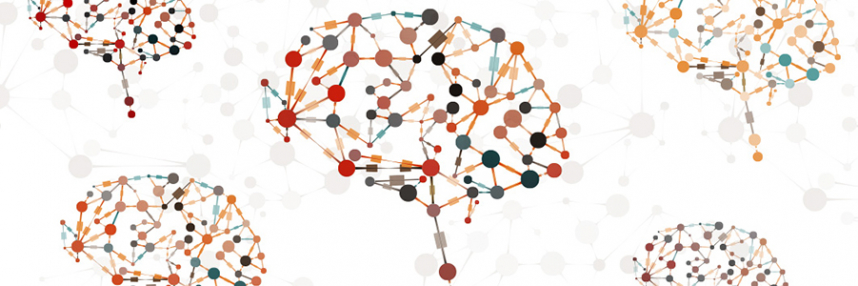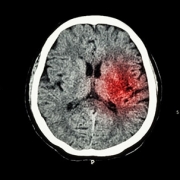Psychiatric genomics – a double-edged sword?
While genomics alone may not generate a diagnosis or wide-scale treatment, it may help us better understand psychiatric disorders
Back in 2010, a commentary in the Journal of the American Medical Association (JAMA) suggested that, while a long time coming, insights into the genetics of psychiatric disorders were finally arriving “thick and fast” and could “transform the practice of psychiatry” over the next 10 years.
Three years after this article, computational neuroscientist Terrence J Sejnowski expressed disappointment in the failure of genomics for mental disorders. Perhaps expectations were too high. As Sejnowski notes, many psychiatric disorders are known to have substantial inherited (genetic) components – estimated at 30%-90% for autism and 40%-60% for schizophrenia. It was therefore hoped that it would be easily possible to identify key genetic factors for each condition, and direct research to find important new treatments. Yet large-scale genomic studies have failed to find a single gene variant that accounts for a significant proportion of any mental illness.
This is not to say that the field has not advanced; studies have revealed that most psychiatric disorders are ‘polygenic’ – having many different contributory genetic factors. Some individuals with disease may have one genetic variant that plays a more significant role, but this variant is not necessarily observed in other patients. For example, hundreds of different mutations that confer significantly increased risk of autism spectrum disorder have been identified.
How can genomics help mental illness?
So, half way through those ‘next 10 years’, how much closer are we to a genomics-informed understanding of mental illness? The picture is a complex one. Each disorder, from depression to schizophrenia, may cause a vast array of symptoms. The Diagnostic and Statistical Manual of Mental Disorders sets out more than 227 different symptom combinations from which a diagnosis of depression can be made alone. Furthermore, some symptoms are hard to distinguish from ‘normal aberrant’ behaviour – diagnosing schizophrenia in teenagers is one example.
While genomics alone may not allow a disease diagnosis, or reveal an obvious new drug target that could lead to a treatment to benefit large numbers of patients, it may be able to shed light on the risk or nature of a condition in an individual. In JUne 2015, new research was published examining genomic risk profile scoring (based on combinations of genetic variants) for major depressive disorder and showing a correlation between distinct genomic risk profiles and clinical sub-types of the disease.
No easy answers
However, any thought of making use of genomics relating to psychiatric disorders is controversial. An excellent article written in response to the GermanWings flight brought down by pilot Andreas Lubtiz provides an outline of issues around genes and mental health, specifically in the context of depression, but with much broader relevance.
For some, any form of genetic contribution to diagnosis could, besides potentially pointing to better treatment, go some way towards mitigating the sense of blame that still commonly surrounds mental illness. For others, genetic measures of risk can too easily be conflated with inevitability of outcome – rarely true for any common disease, let alone disorders of the mind, which are arguably the most complex of all.
–









